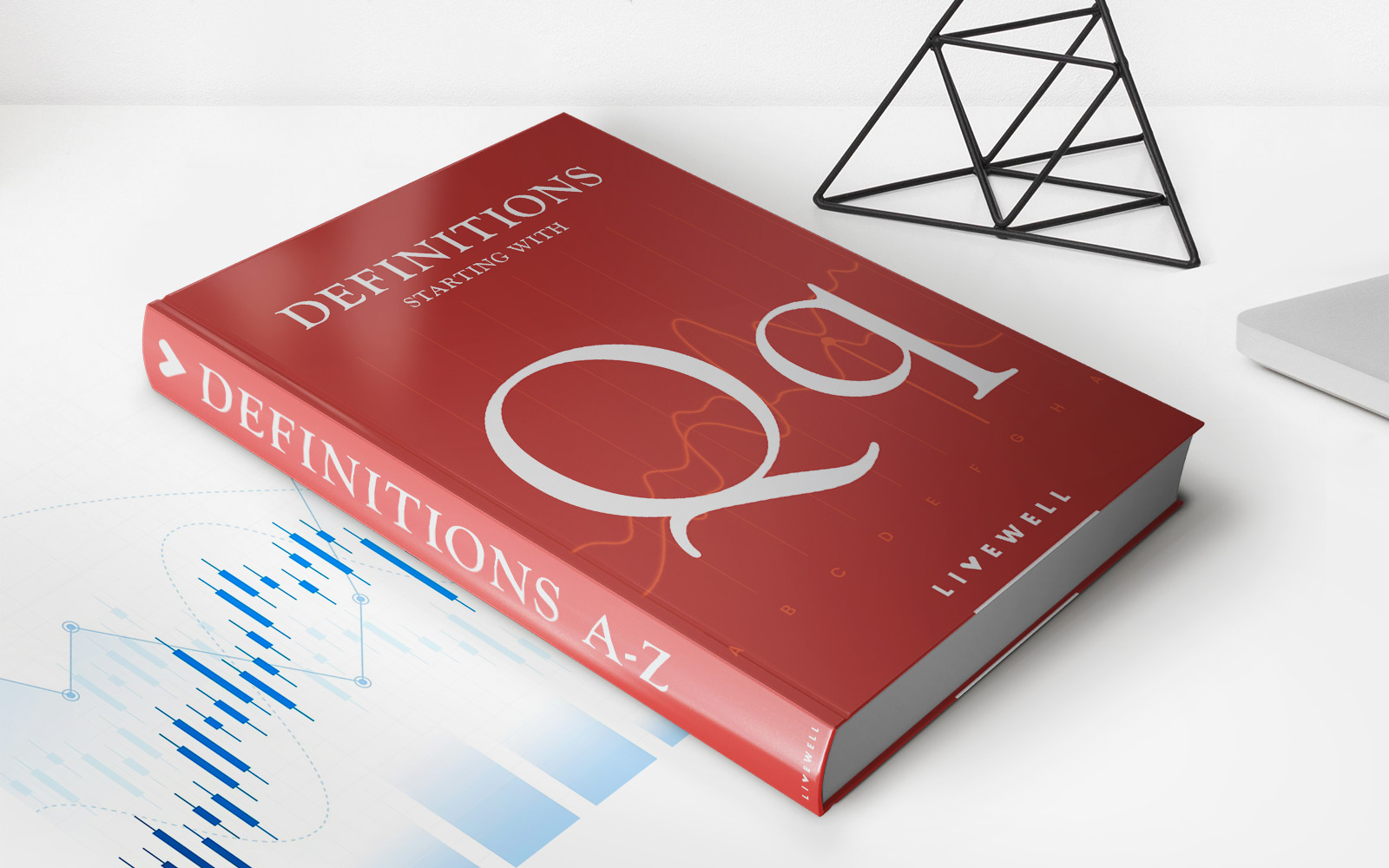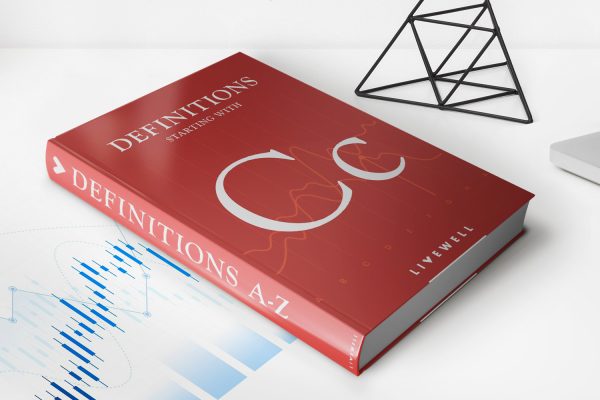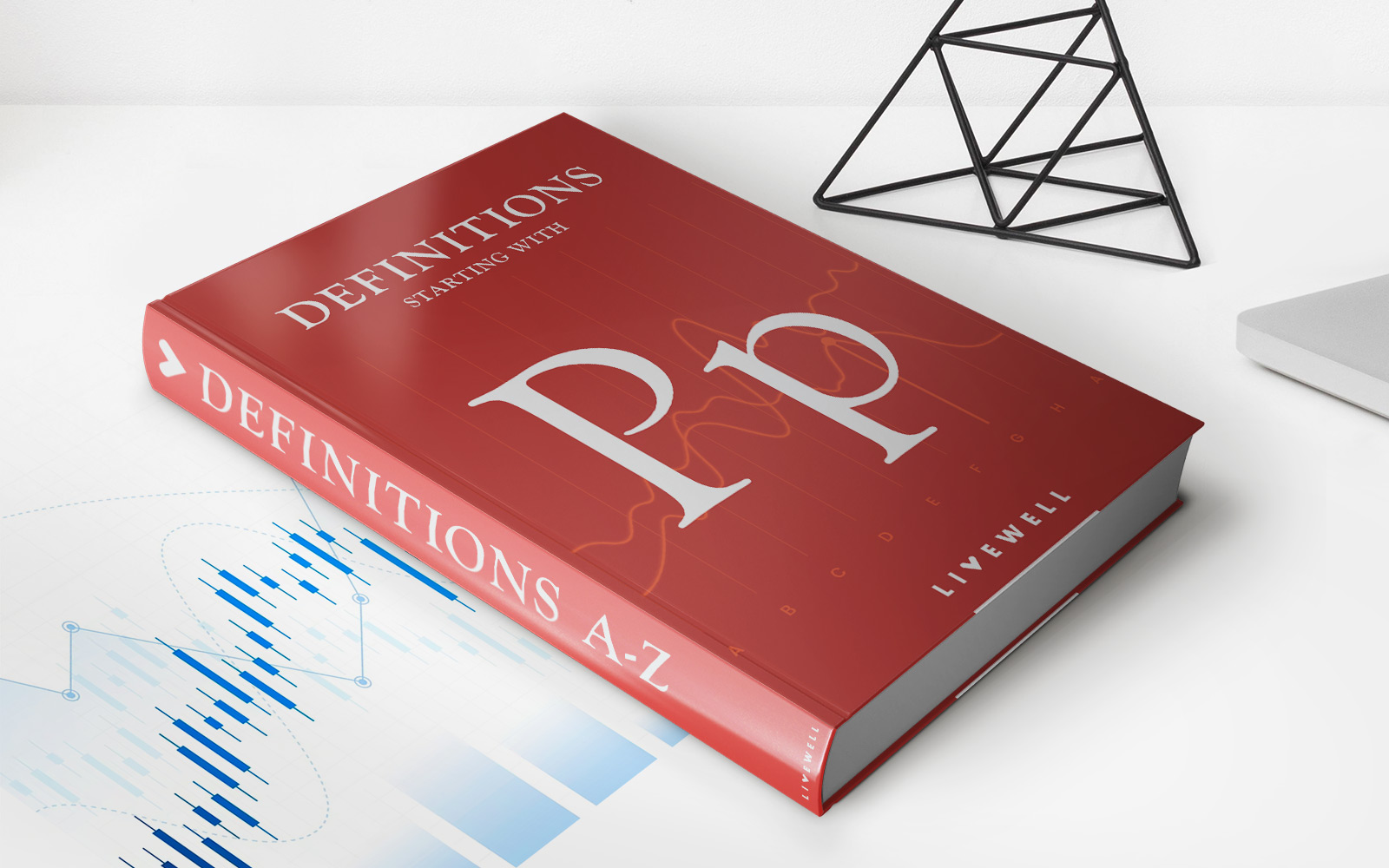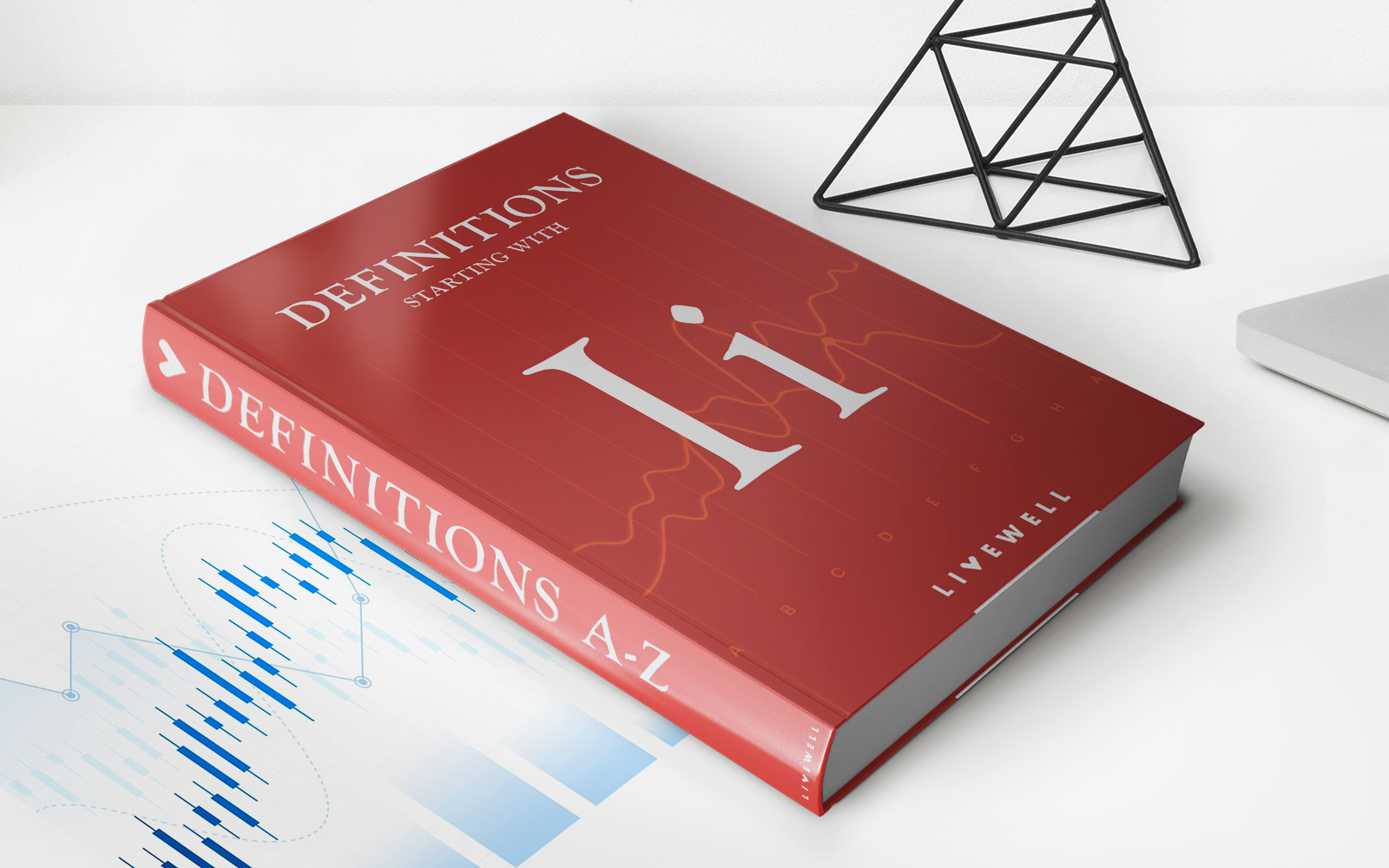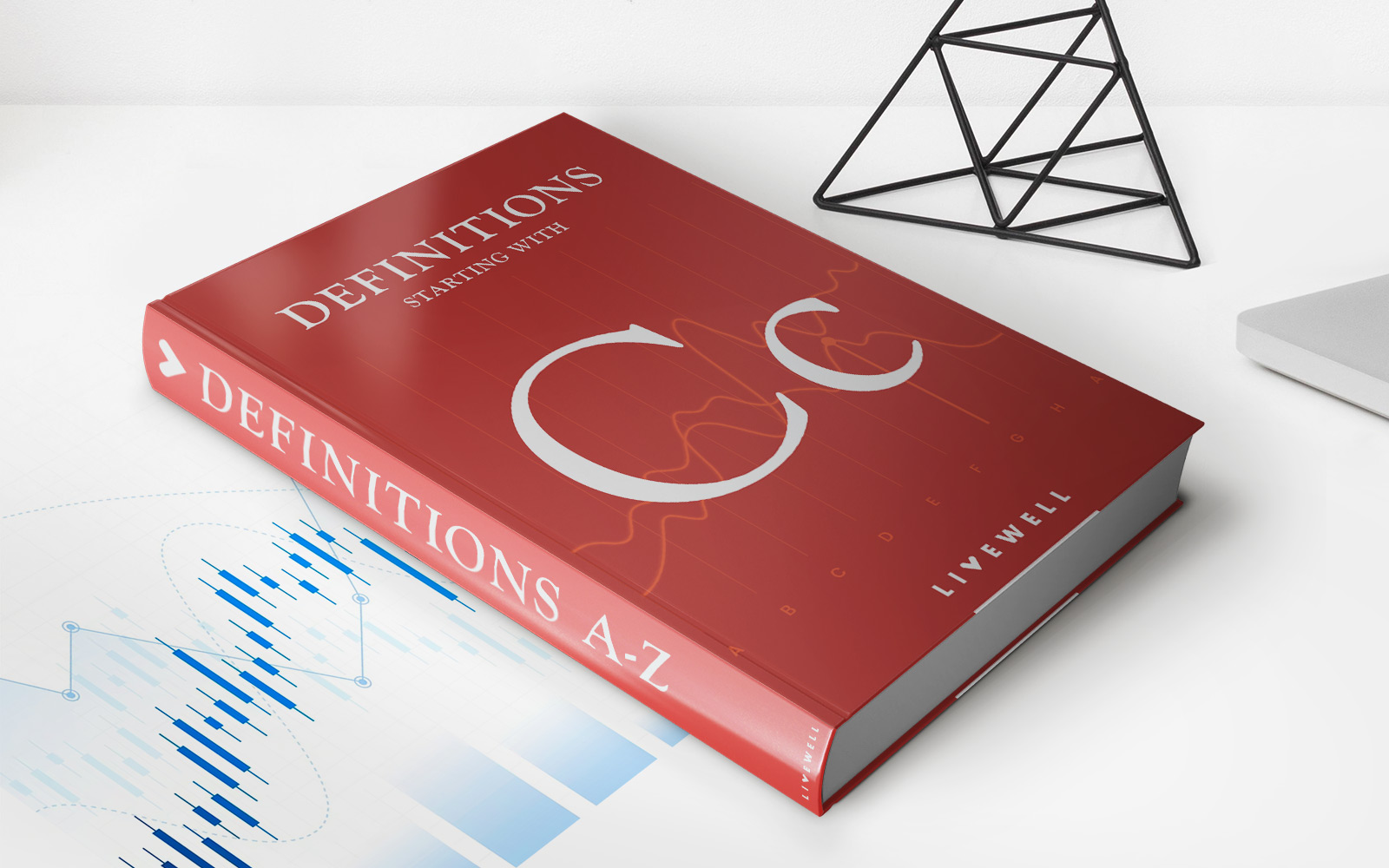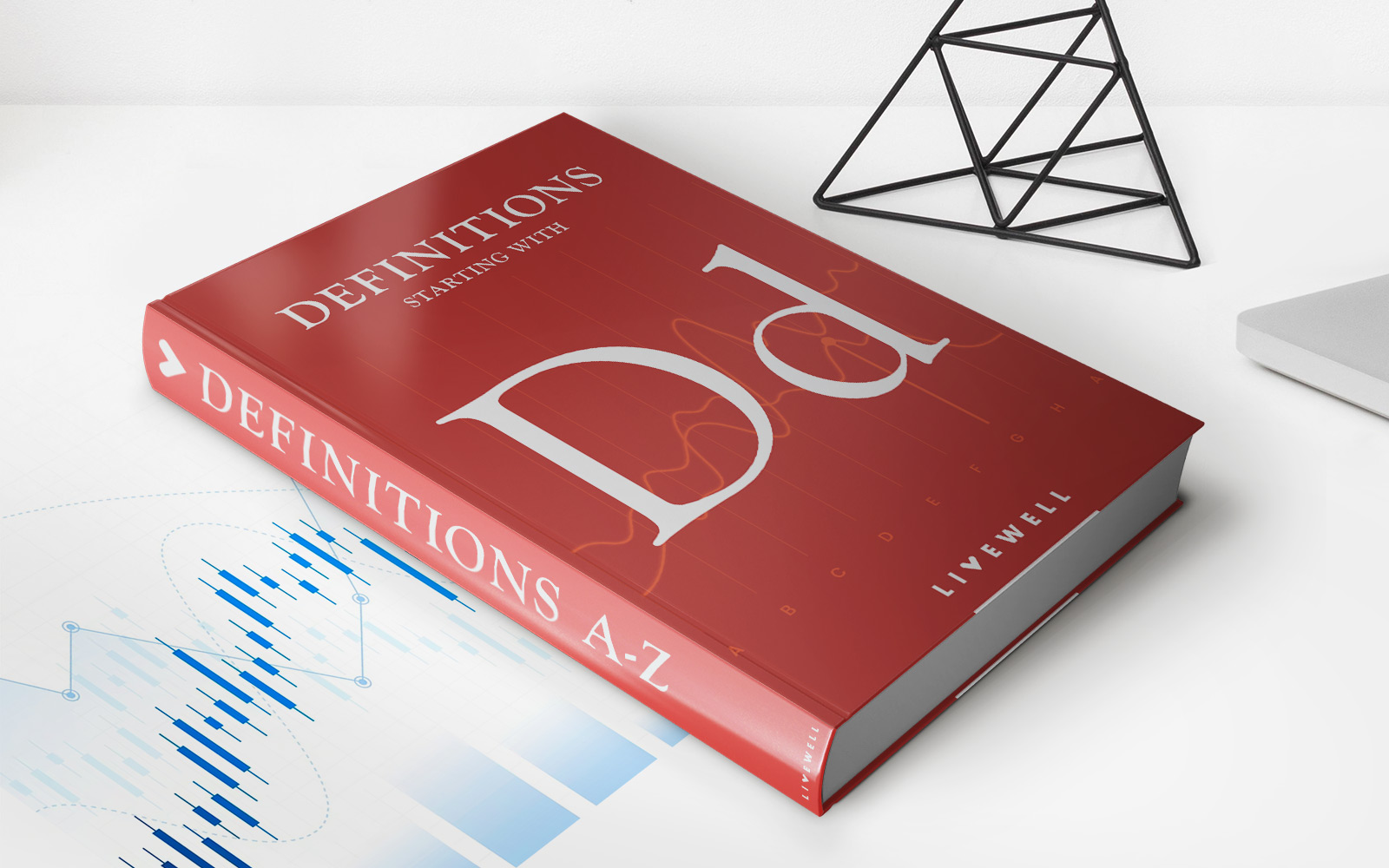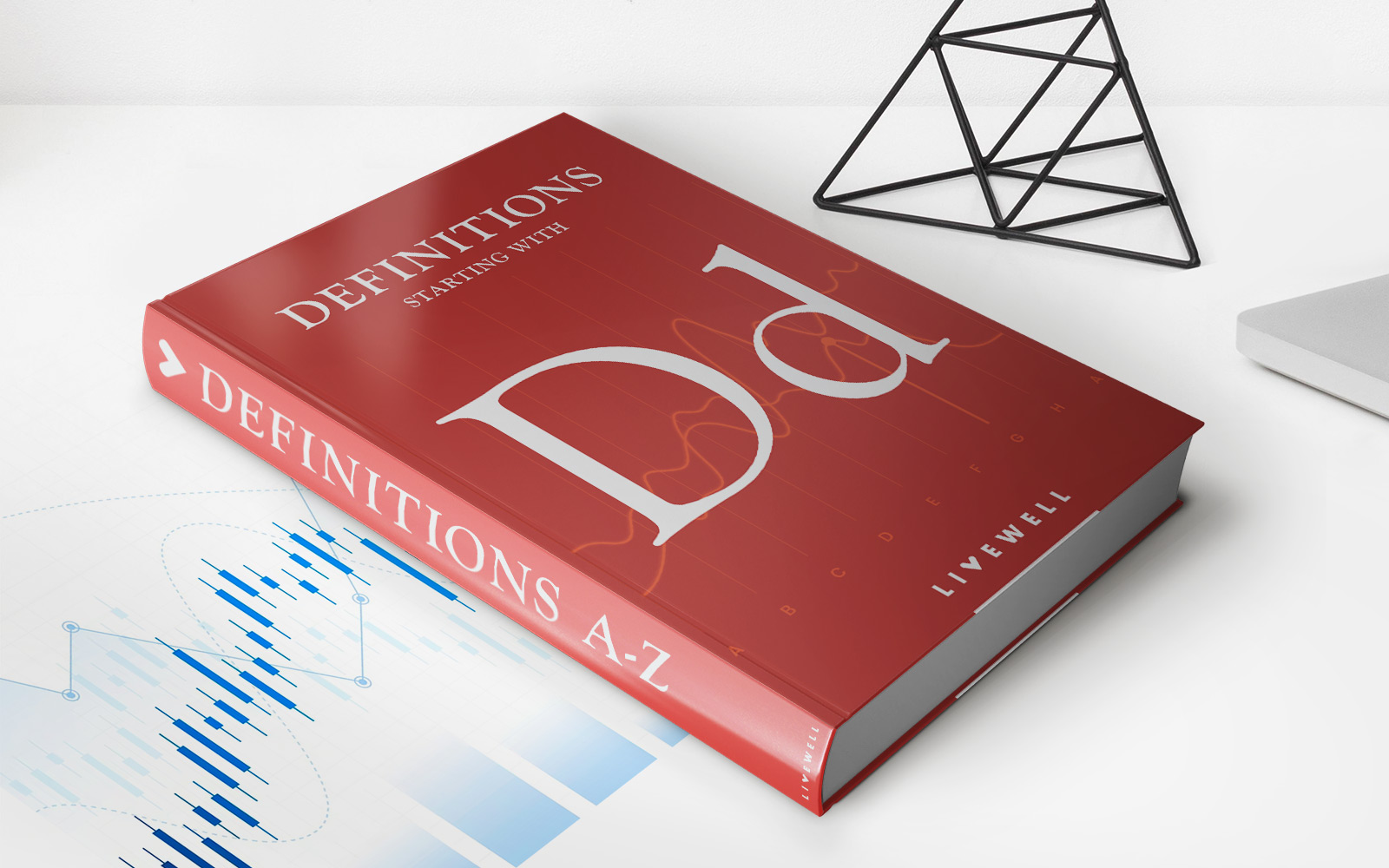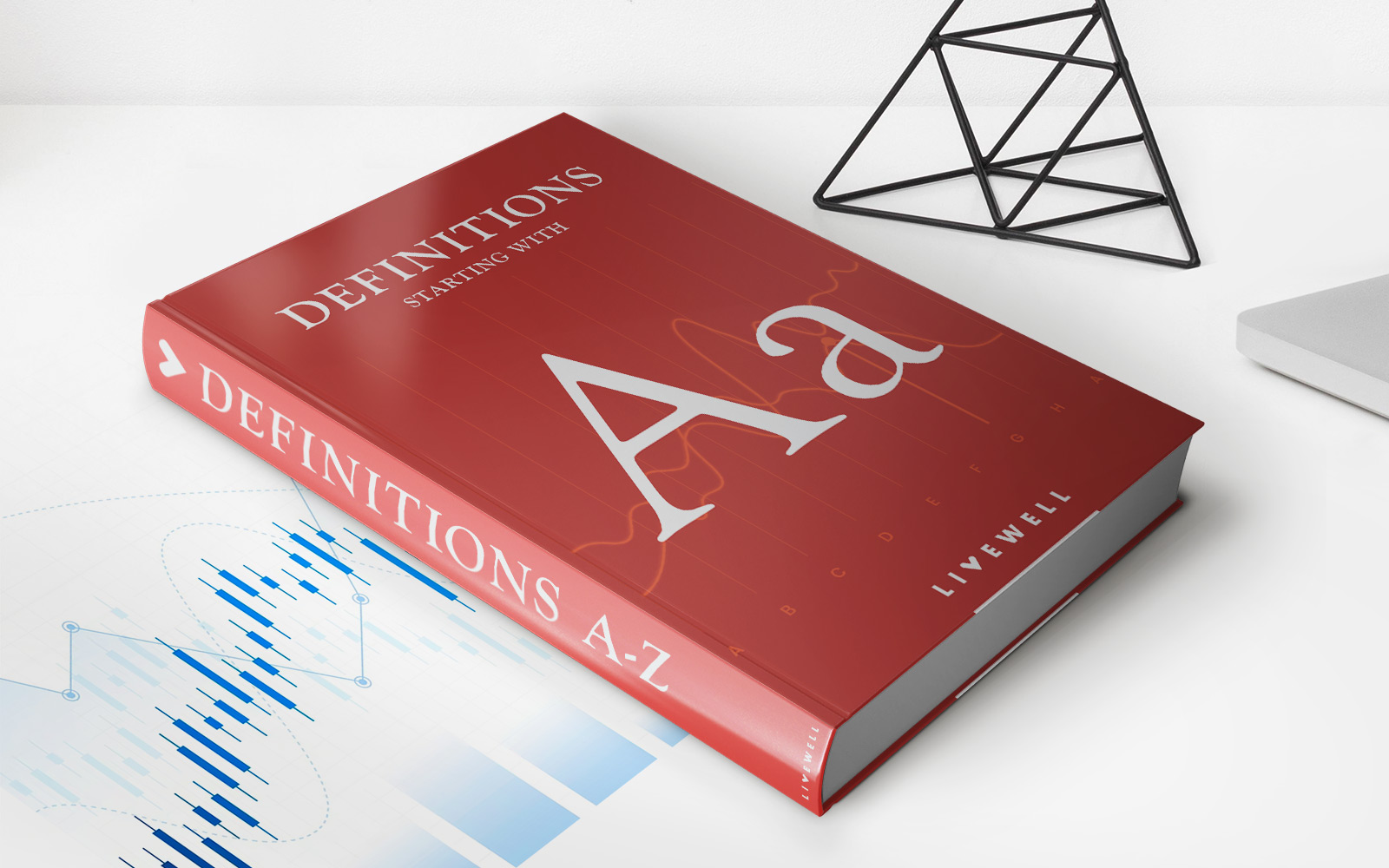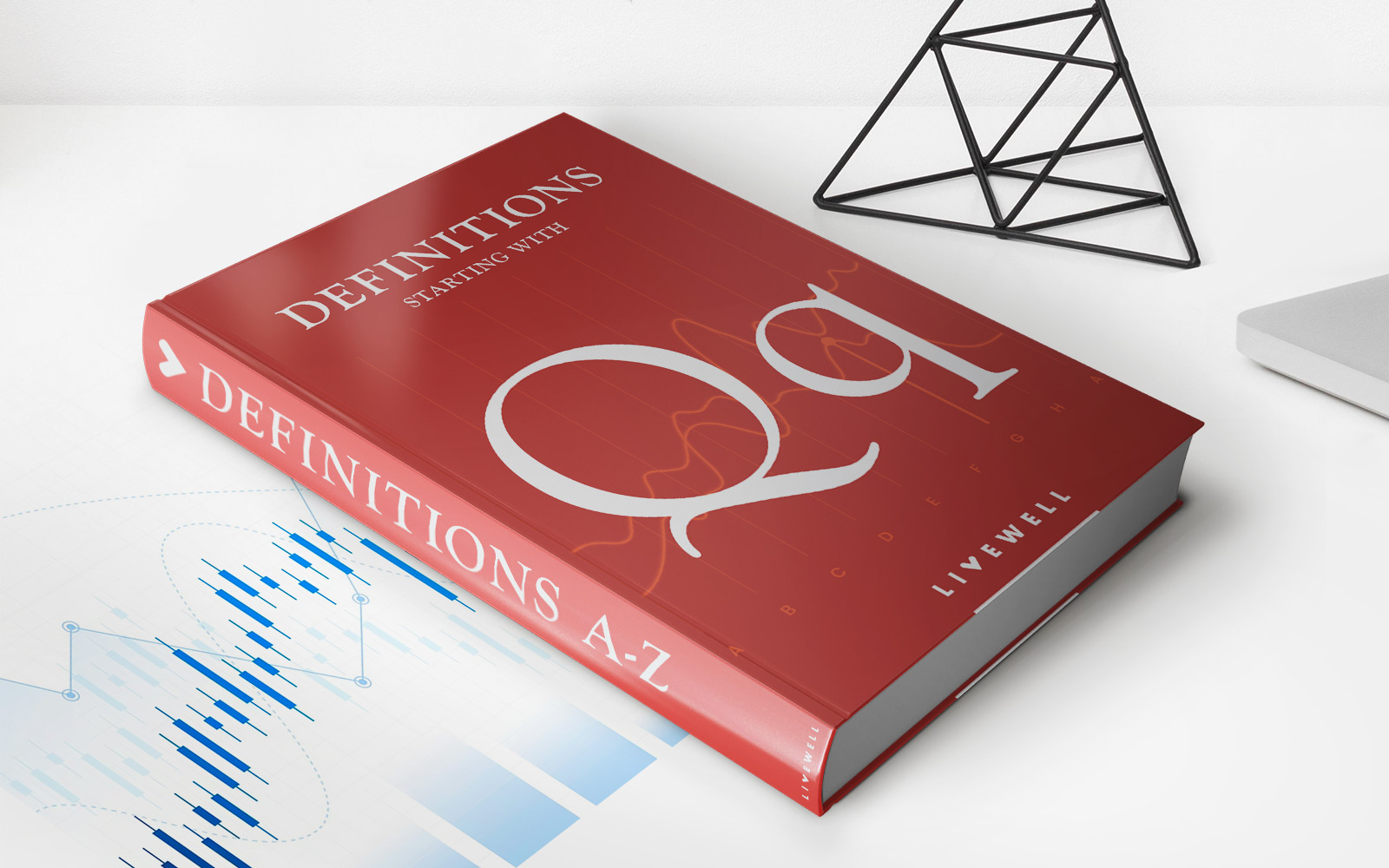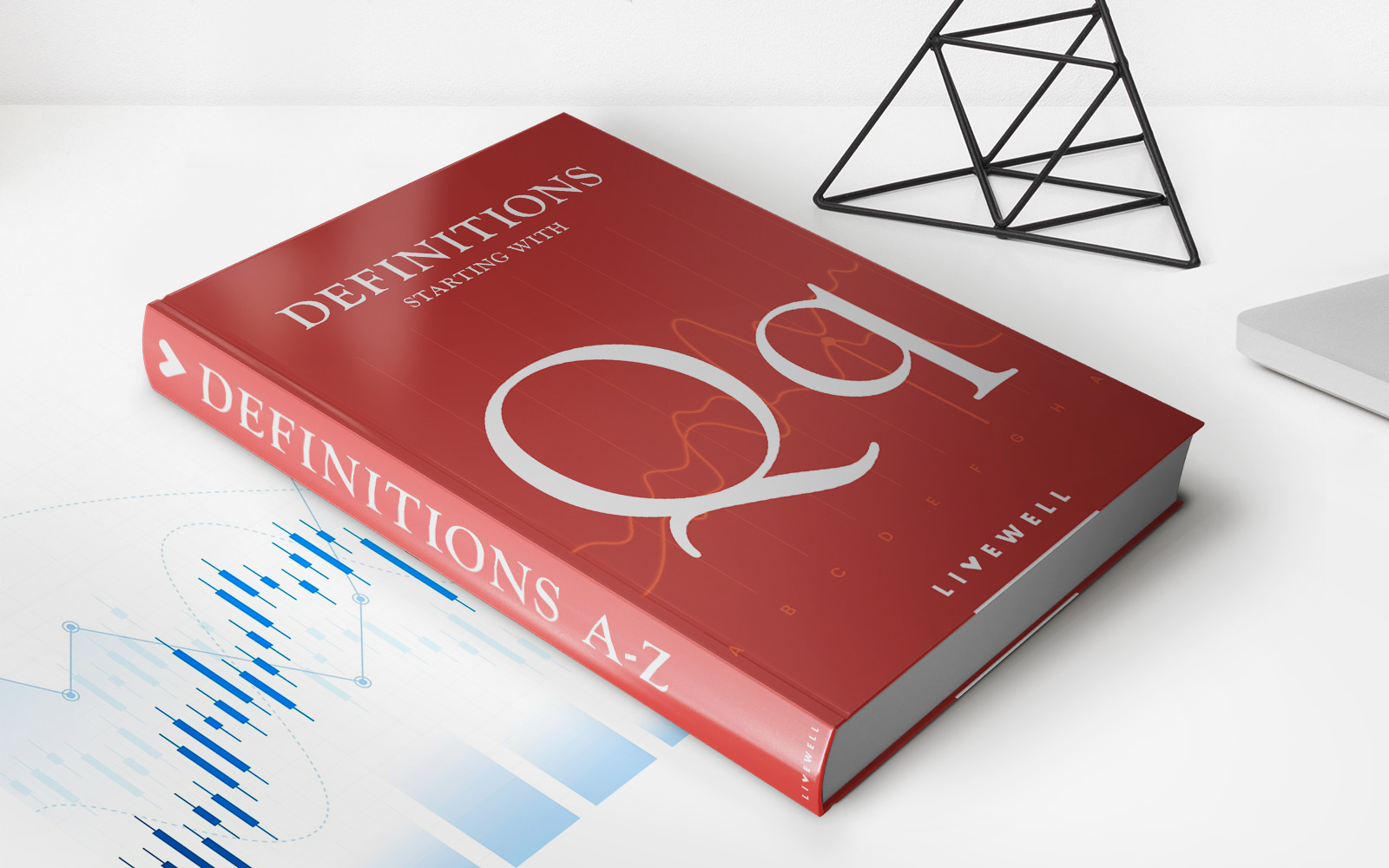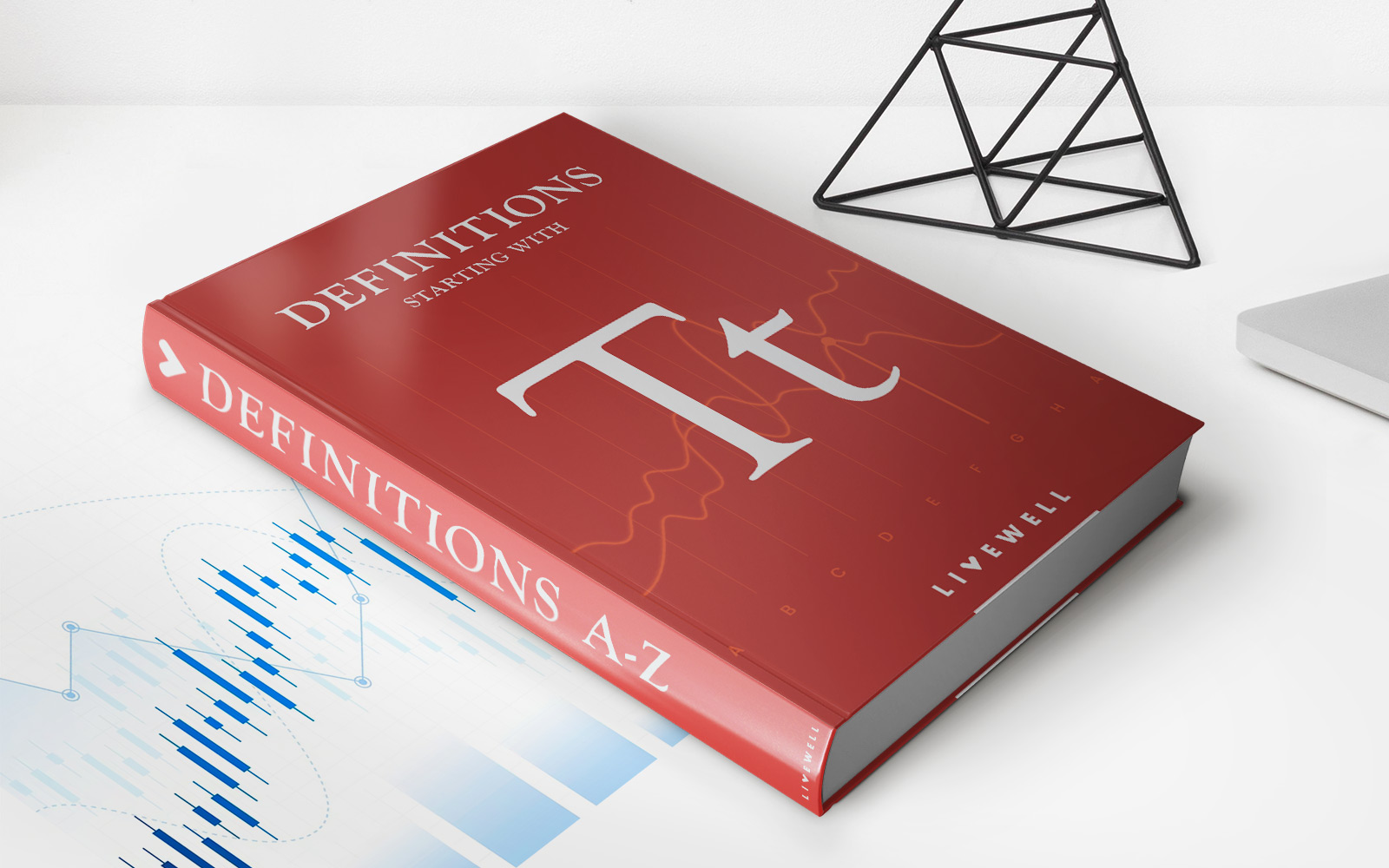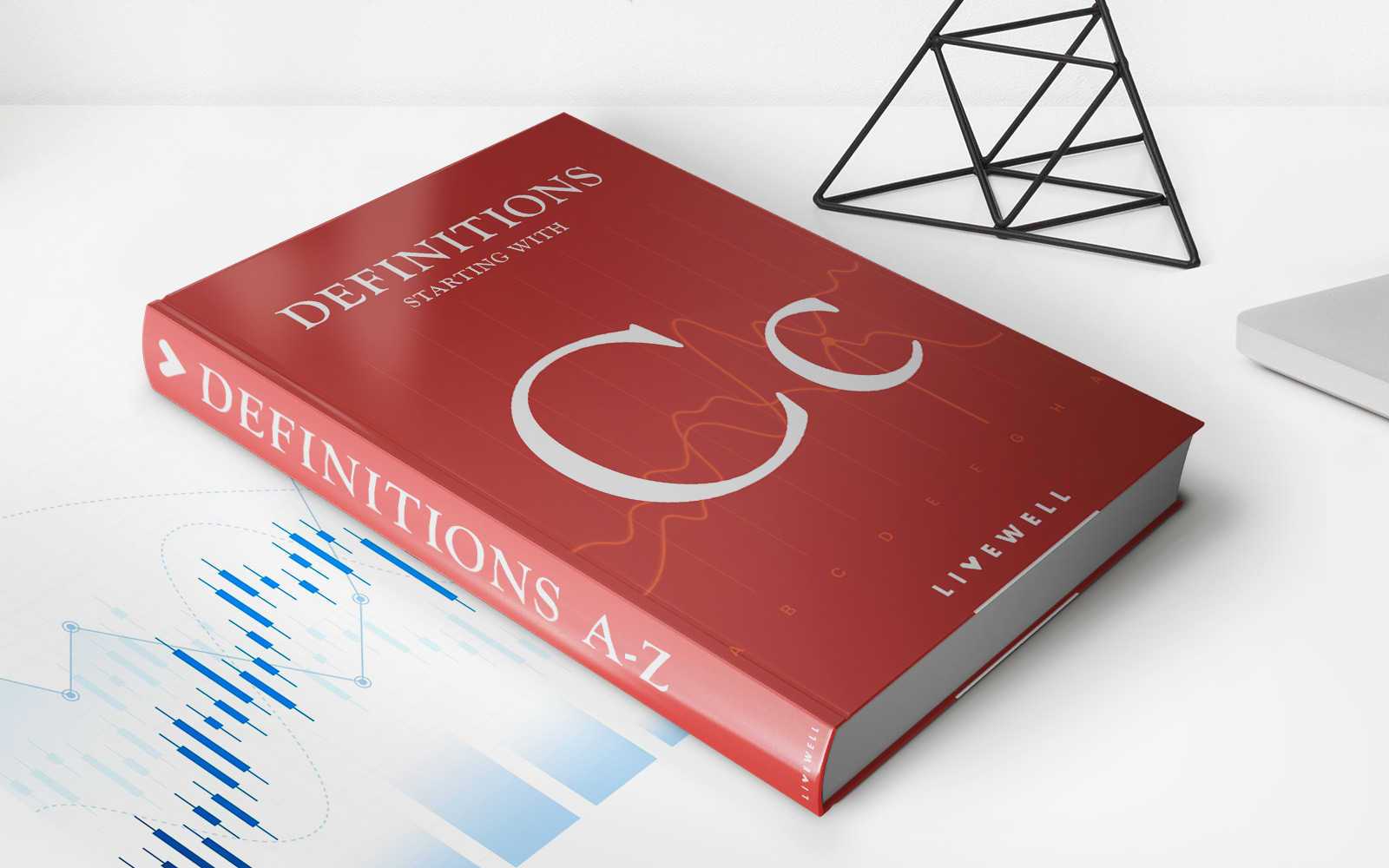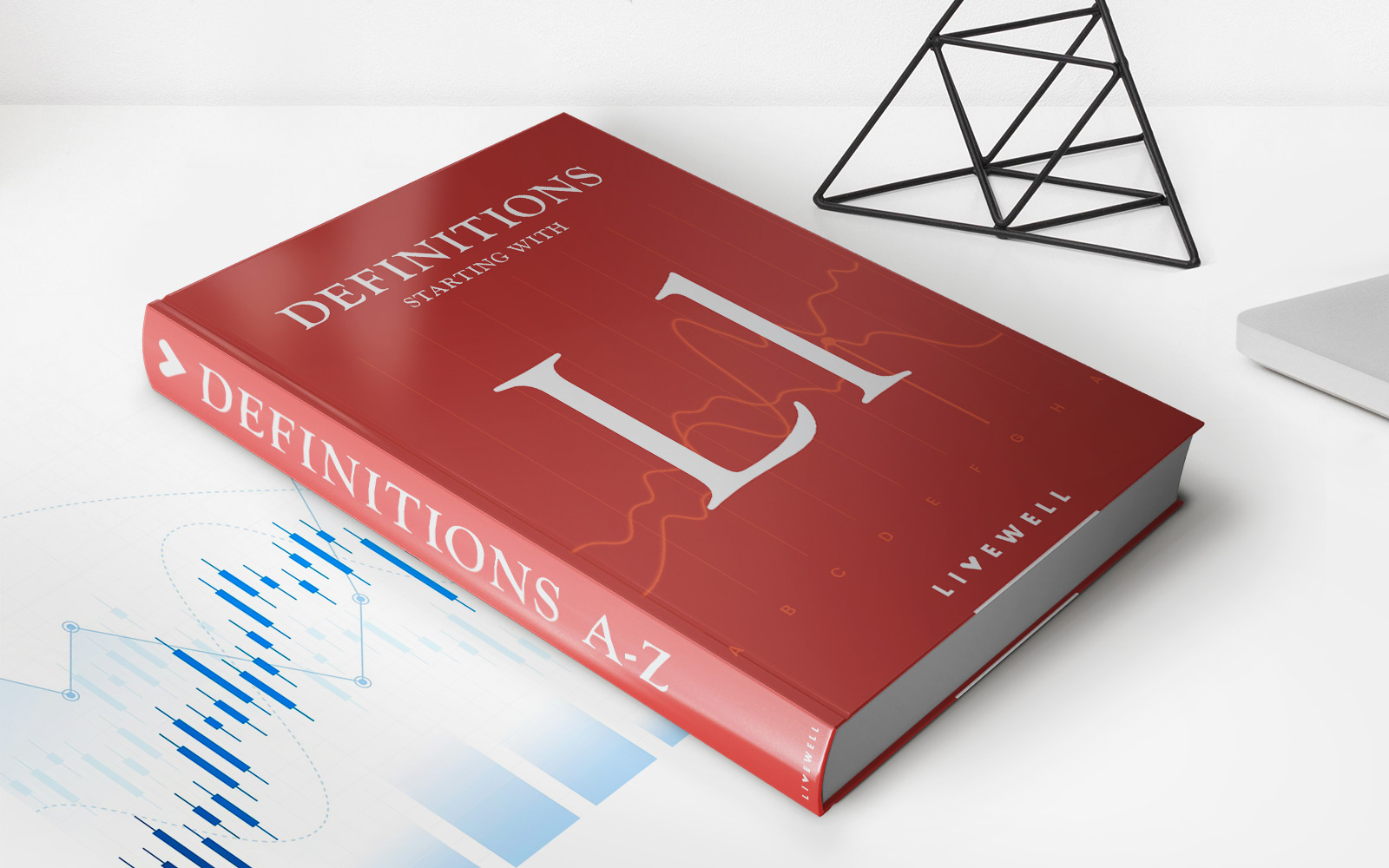Home>Finance>Qualified Domestic Trust (QDOT): Definition And How It Works
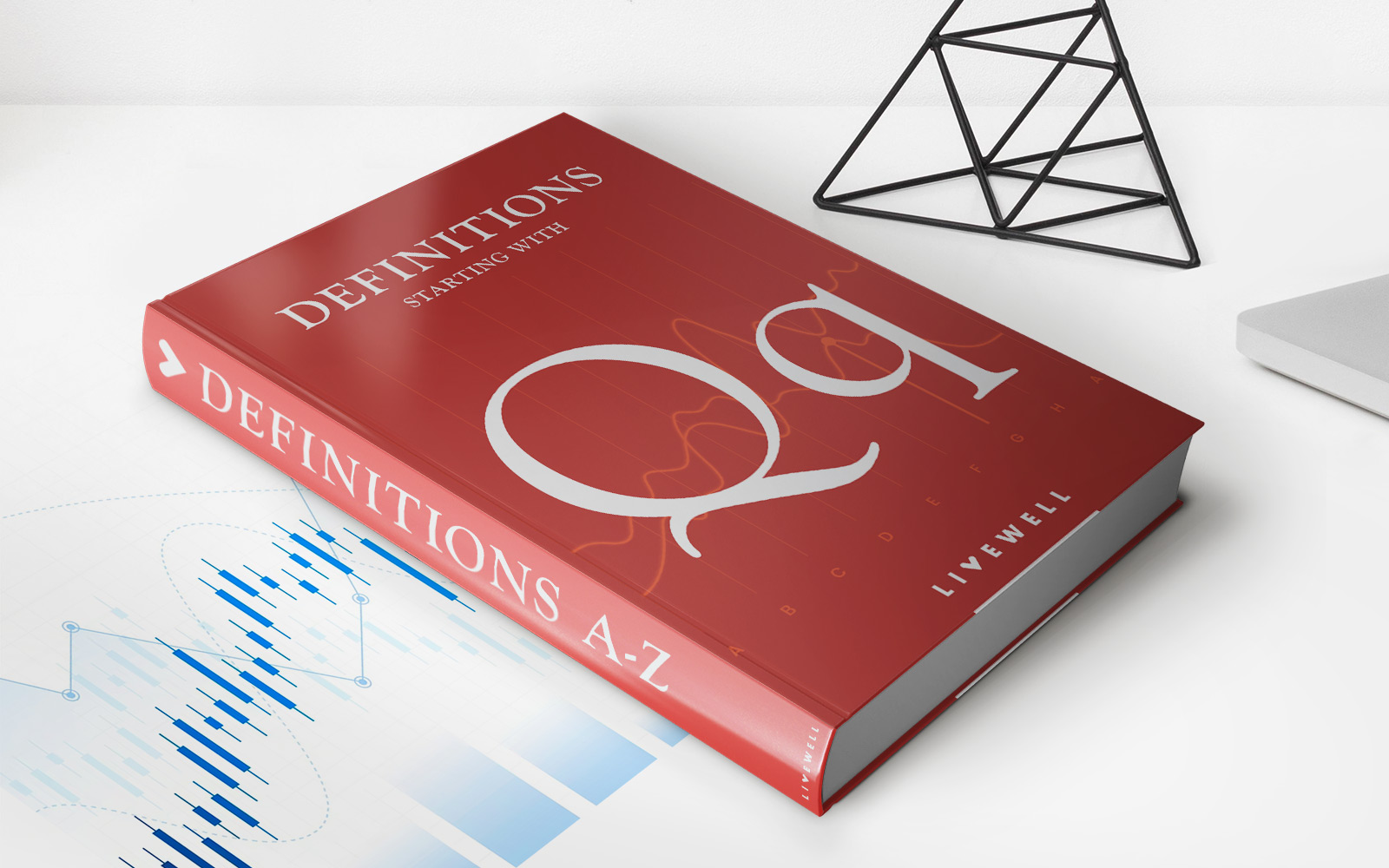

Finance
Qualified Domestic Trust (QDOT): Definition And How It Works
Published: January 14, 2024
Learn about qualified domestic trust (QDOT) in finance and understand its definition and how it works. Enhance your financial knowledge with our comprehensive guide.
(Many of the links in this article redirect to a specific reviewed product. Your purchase of these products through affiliate links helps to generate commission for LiveWell, at no extra cost. Learn more)
Understanding the Qualified Domestic Trust (QDOT)
Managing finances can be a complex and daunting task, especially when it involves estate planning. One important aspect of estate planning is understanding the Qualified Domestic Trust (QDOT). In this blog post, we will provide a comprehensive definition of the QDOT and explain how it works. So, grab a cup of coffee and let’s dive right in!
Key Takeaways:
- A Qualified Domestic Trust (QDOT) is a specific type of trust created to allow the non-citizen surviving spouse of a US citizen to benefit from the deceased spouse’s estate without facing immediate estate tax consequences.
- To qualify as a QDOT, the trust must meet specific IRS requirements, including having a US trustee and meeting certain distribution rules.
What is a Qualified Domestic Trust (QDOT)?
A Qualified Domestic Trust (QDOT) is a special type of trust that allows a non-citizen surviving spouse of a US citizen to receive assets from the deceased spouse’s estate without triggering immediate estate taxes. The QDOT serves as a protective mechanism to ensure that the non-citizen spouse can benefit from the assets while still meeting the tax requirements set by the Internal Revenue Service (IRS).
Typically, when a US citizen passes away, assets transferred to a surviving spouse are exempt from immediate estate taxes. However, this exemption does not apply to non-citizen spouses. If a non-citizen spouse directly inherits assets from a US citizen spouse, estate taxes may become due immediately. To avoid this tax burden, the QDOT comes into play.
How does a QDOT work?
When a US citizen spouse establishes a QDOT as part of their estate plan, it allows them to leave assets to their non-citizen spouse through the trust. The QDOT acts as a filter, ensuring that the non-citizen spouse has access to the assets while simultaneously meeting the tax requirements.
Here are the key steps involved in how a QDOT works:
- A QDOT is established in the will or trust of the US citizen spouse.
- Upon the death of the US citizen spouse, the assets are transferred to the QDOT.
- A US trustee (such as a bank or a trusted individual) is appointed to oversee the QDOT.
- The QDOT must follow specific distribution rules, such as providing for the non-citizen spouse’s needs and paying income taxes on distributions.
- The non-citizen spouse can receive income from the QDOT, ensuring financial support, but cannot access the principal without facing estate taxes.
- If the non-citizen spouse becomes a US citizen before their death, the QDOT’s restrictions are lifted, and the spouse can gain full access to the assets without estate tax consequences.
By utilizing a QDOT, the non-citizen surviving spouse can benefit from the income generated by the assets while avoiding immediate estate tax liabilities. It provides a structured approach to estate planning for couples with mixed citizenship status.
In Conclusion
Estate planning can be a complex process, especially when dealing with the implications of varying citizenship statuses. The Qualified Domestic Trust (QDOT) provides a valuable tool for US citizens to ensure that their non-citizen spouses can benefit from their assets while still adhering to the tax requirements set by the IRS.
As with any legal and financial matter, it is essential to consult with a qualified professional to determine if a QDOT is the right choice for your specific circumstances. Each individual’s situation is unique, and proper estate planning can help safeguard the financial well-being of your loved ones.
Thank you for joining us on this journey of understanding QDOTs. If you found this information helpful, make sure to explore our other finance-related articles for more useful insights!
